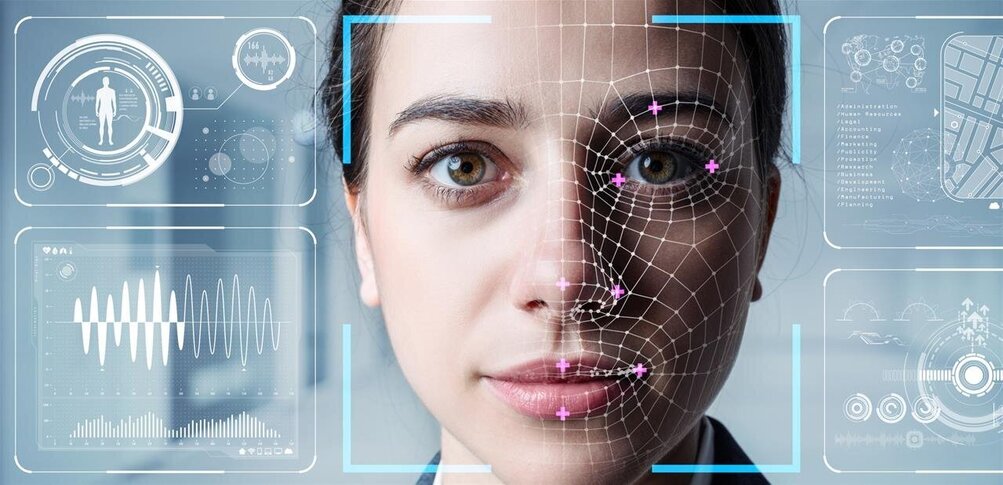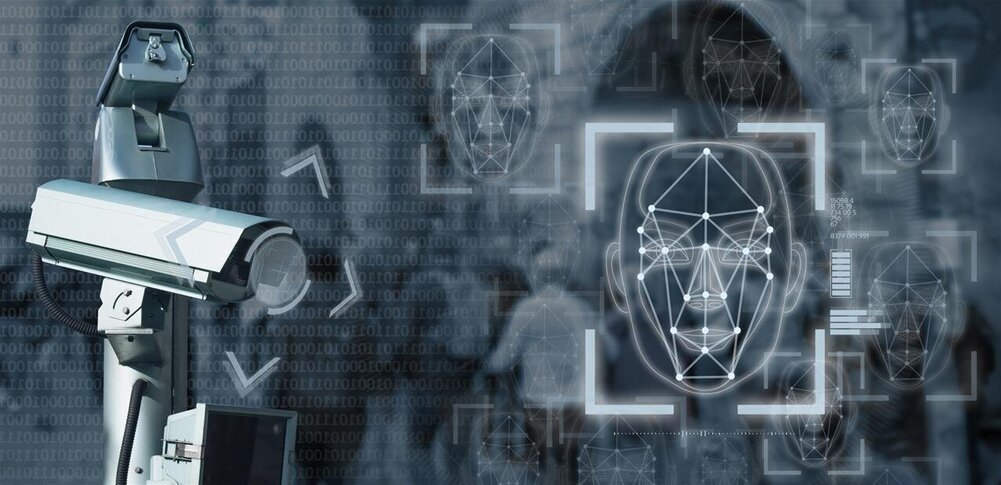It’s becoming clearer that the next big wave of changes to how and where many of us work will be sparked by new applications of artificial intelligence.
Until now, the impact of AI on our jobs has been abstract for most workers, something that seemed to be out on the distant horizon. But the recent acceleration of applications around so-called generative AI is showing us how quickly and broadly our work will change. Some real-world examples:
- A doctor is having AI write medical letters to insurance companies requesting approval for treatments.
- Engineers are using AI to generate computer code, accelerating development time by 20% in one experiment Deloitte conducted.
- A San Francisco man used AI tools to write and illustrate a children’s book, which he published on Amazon, in a weekend.
The latest wave of AI tools generally doesn’t require technical skills and includes image generators, video editors, podcast audio editors, email-reply generators, word processors, computer coding assistants, research-paper summarizers, marketing copywriters, and much more. OpenAI’s Dall-E and ChatGPT services give you a quick sense of the power behind these tools. What makes these generative AI applications both concerning and exciting is that they can generate seemingly original content based on simple prompts from users.
Mots-clés : cybersécurité, sécurité informatique, protection des données, menaces cybernétiques, veille cyber, analyse de vulnérabilités, sécurité des réseaux, cyberattaques, conformité RGPD, NIS2, DORA, PCIDSS, DEVSECOPS, eSANTE, intelligence artificielle, IA en cybersécurité, apprentissage automatique, deep learning, algorithmes de sécurité, détection des anomalies, systèmes intelligents, automatisation de la sécurité, IA pour la prévention des cyberattaques.






